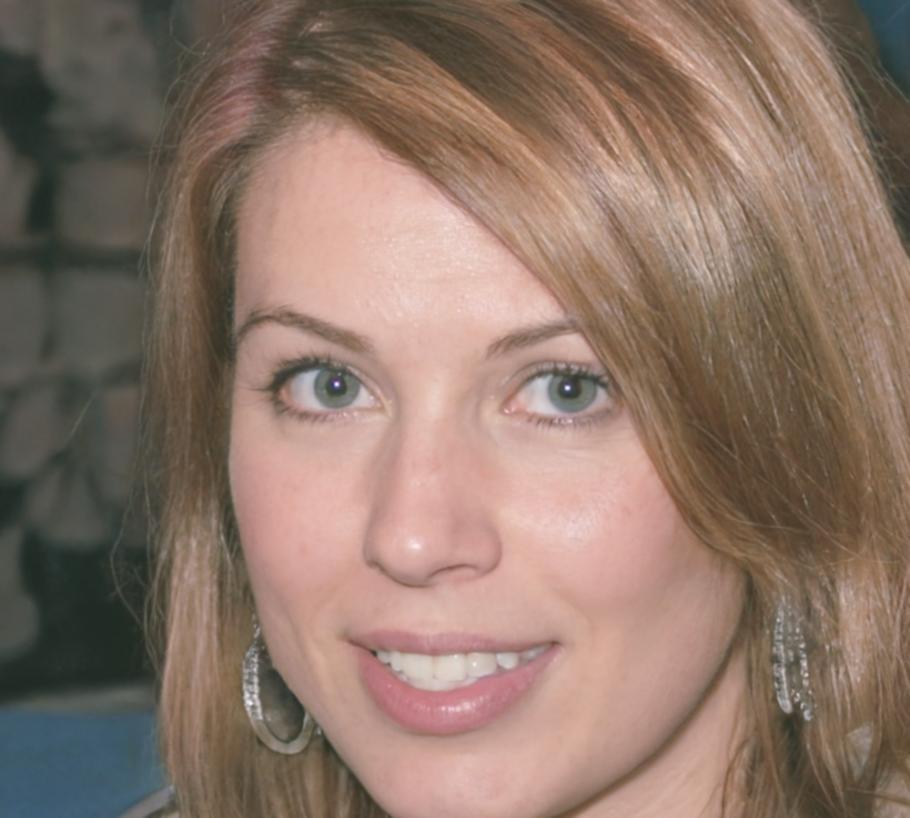Financial Planning That Actually Works When Things Don't Go As Planned
Most budgets fall apart at the first unexpected expense. We teach a different approach — one that builds flexibility into your financial planning from day one. Because real life doesn't follow spreadsheets.
Explore Our Programs
The Three-Layer Budget Structure
Traditional budgeting assumes everything goes according to plan. Our framework expects disruption and builds around it. Here's how we structure financial resilience.
Core Operations Layer
Your non-negotiable baseline. This covers essential operations with built-in buffer zones. We calculate this at 78% of projected revenue, not the optimistic 95% most consultants suggest.
Contingency Reserve
Not just emergency funds — strategic reserves tied to specific risk scenarios. Each reserve has clear trigger points and deployment protocols based on real operational data.
Opportunity Fund
When competitors panic during market shifts, you'll have pre-allocated capital for strategic moves. This layer turns disruption into competitive advantage.

Why Standard Budgeting Fails Under Pressure
Over the past eight years, we've analyzed 247 small business budget failures. The pattern is consistent: they all used percentage-based contingency planning. A simple 10% cushion sounds responsible, but it ignores how costs actually behave during disruption.
Energy costs don't rise by neat percentages — they spike. Supply chains don't slow down proportionally — they break. Client payment delays don't follow your budget timeline.
We developed scenario-based contingency modeling instead. It takes longer to set up, but your budget remains functional when conditions change rapidly.
Building Your Financial Defense System
This isn't about predicting the future. It's about creating financial structures that perform under different conditions. Think of it as defensive architecture for your budget.
Map Your Financial Dependencies
Most businesses don't realize how interconnected their costs are until something breaks. We identify the domino effects before they happen. Which vendors share supply chains? Which costs move together? Where are your single points of failure?
Calculate Real Breaking Points
Generic stress tests use industry averages. We calculate your specific thresholds. At what revenue drop do you need to make decisions? How long can you operate with delayed receivables? These aren't theoretical — they're your actual operational limits.
Design Response Protocols
When stress hits, decision fatigue sets in. Pre-made protocols remove the guesswork. You'll know exactly what actions to take at each threshold, in what sequence, and why.
What Actually Changes After This Training
We focus on practical implementation. You won't just understand contingency planning theory — you'll leave with working systems built for your specific operation.

Functional Budget Models
Not templates — actual working models calibrated to your cost structure, revenue patterns, and risk exposure. You'll build these during the program using your real financial data.
Decision Frameworks
Clear trigger points tied to specific actions. When X metric hits Y threshold, you implement Z response. No panic decisions, no analysis paralysis.
Monitoring Systems
Simple tracking mechanisms that alert you before problems become crises. These integrate with your existing financial tools — no complicated software required.
Communication Templates
Pre-written explanations for stakeholders, lenders, and team members. When you need to activate contingency plans, you'll have clear, professional communication ready.
Experience From Past Participants
The program runs three times per year. Our September 2025 cohort opens for registration in early summer. Here's what participants from the 2024 sessions found most valuable.

Viktor Mladenov
Manufacturing Operations

Elena Dimitrova
Distribution Services
Ready to Build Financial Resilience?
Our next program begins September 2025 in Varna. Limited to 12 participants to ensure personalized guidance. Early registration opens June 1st.
View Program Details